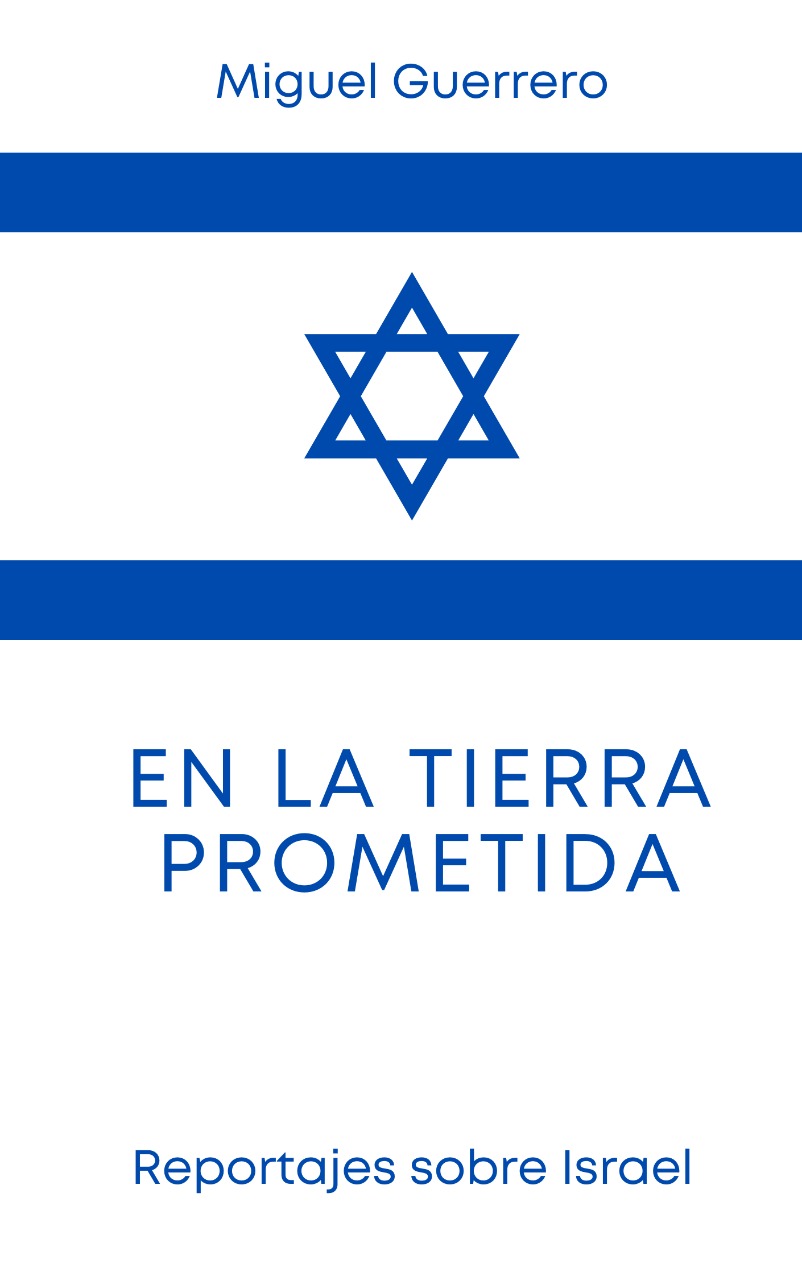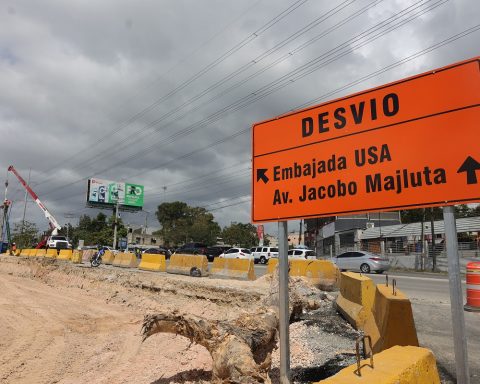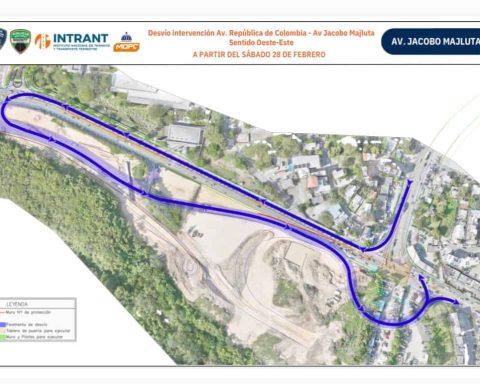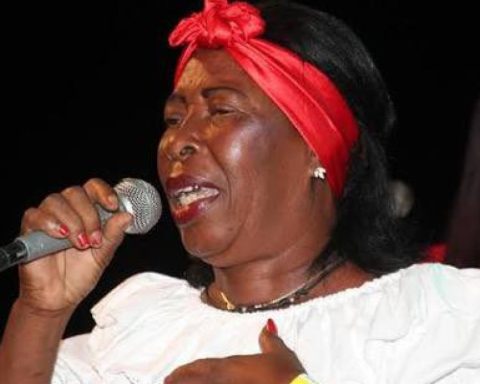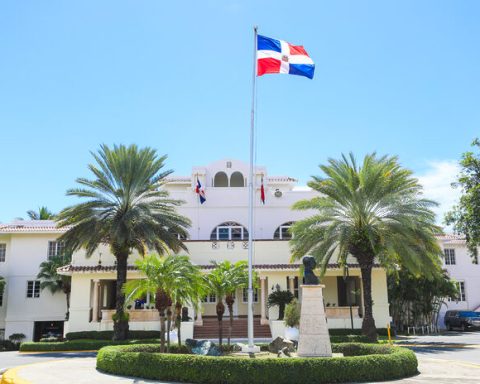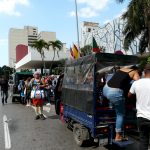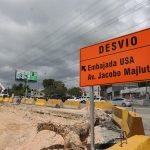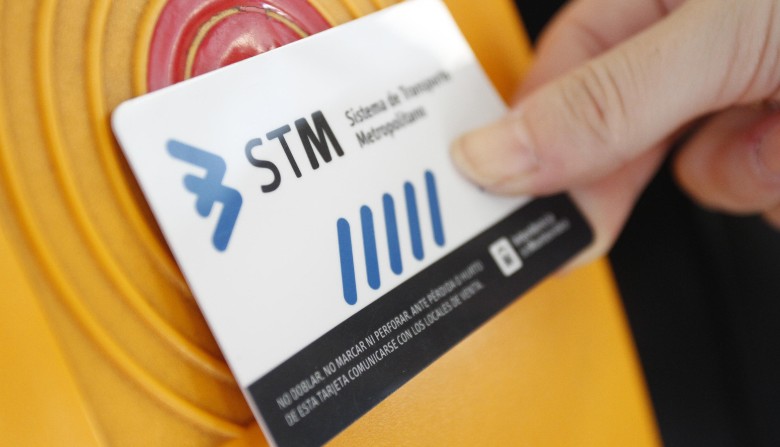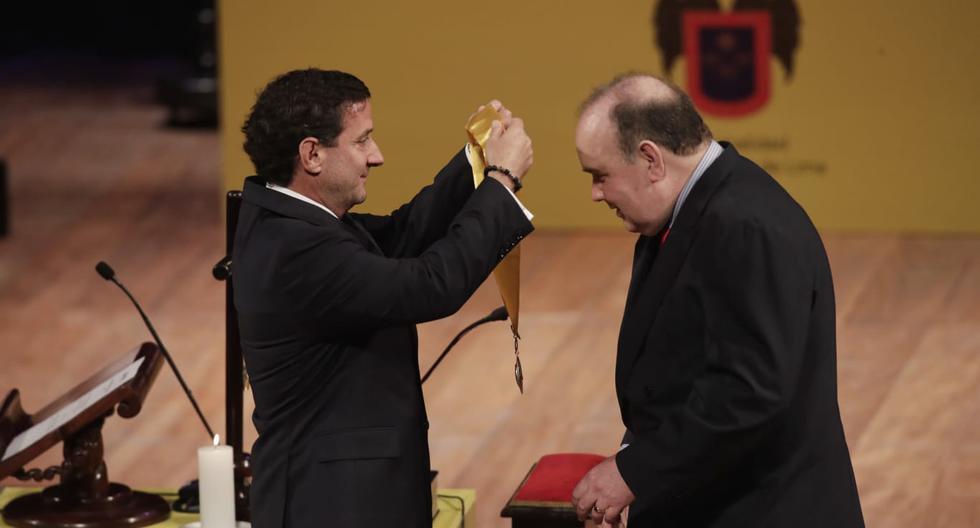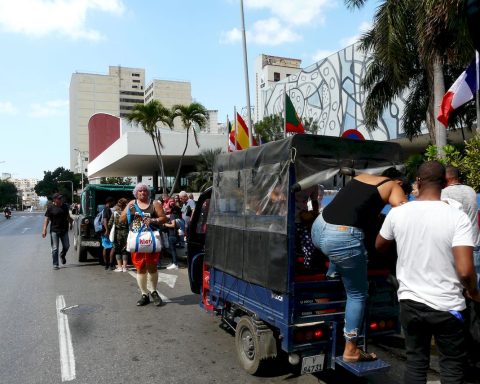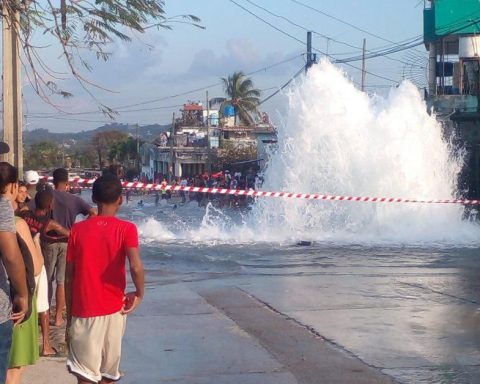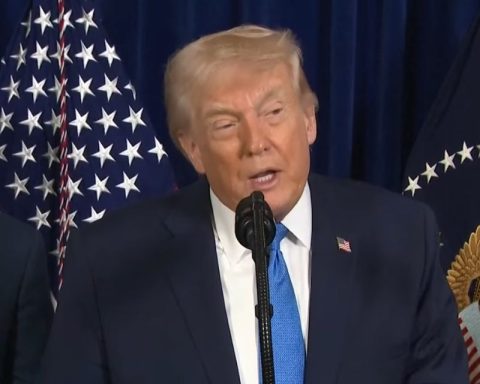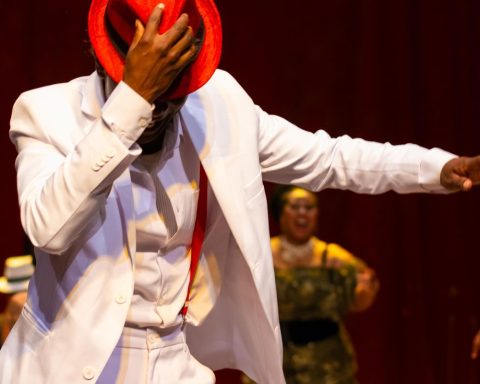Bert Zeruvabel had spent much of his life outside of Israel. But he was still a true Jew. You could see it in his sharp and dark eyes shining full of nostalgia, of memories, of painful pogroms in the cold nights of the Warsaw ghettos. I met him one clear morning in the lobby of the Plaza Hotel in Tel Aviv in December 1975.
We spent two and a half days together. She taught me the soul of Israel. We were at Masada. There in front of the Dead Sea, going up by a modern cable car and reaching the heights of the restored ruins of the great fortress where the Jews offered the last resistance to the Roman Empire. It seemed to me through time, to hear, brought by the wind, the cries of Eliezer, the son of Yair, on that barren and limestone mountain peak. They were three years of resistance, until finally in the year 73 d. C. the last of the children of Israel committed suicide. It was the end of free Jewish life in the promised land. I had read this epic and painful story many times before, but on the lips of Zeruvabel it seemed like a prophetic message.
“I wanted you to see this,” he told me with a slight lump in his throat, “so that you understand the meaning of Masada for our people.”
“We have never lived without this threat. We are doomed to survive but this fight cannot last long. We have to do something to find peace,” he went on to say. As he spoke, he was pointing to a place hidden among the surrounding hills by the deep canyons surrounding the summit, from which we could look out, across the sea, still as the shadow of a wall. Zeruvabel spoke with the conviction of a prophet.
“We are so used to the word peace (Shalom, terms used by Jews to greet and say goodbye) that we have lost the sense of its real meaning.” I remember asking him if peace with the Arabs was possible and if his country had done anything to achieve it. At first his answer seemed evasive to me. He began by telling me about Ben Gurion. The war of independence in 1948, the reconquest of Jerusalem after the six-day war in 1967. The initial disaster of the Ion Kippur war, five years later.
From the fear of losing confidence in the legend of invulnerability that previous military campaigns had contributed to creating in the Jewish people. I was about to interrupt them. But he was too persuasive. There, on the highest part of the summit, next to the ancient and sacred walls of Massada, my imagination replayed the end of the ancient story of Jewish heroism. “…then they chose 10 men among themselves by lot in order to kill each other in the rest; each one of the rest stretched out on the ground along with his wife and children and embraced offered their necks to the blow of those who by chance should execute such a tragic office: and when the 10, without hesitation, had killed everyone, they drew lots among themselves. them; The one who got that one first, should kill the other nine and finally commit suicide.
Thus, these people died with the intention that not a single living soul would remain among them who was a subject of the Romans. The dead were 960 in number. And the Romans entered the fortress and found a multitude dead, but they could not rejoice in this fact, despite the fact that the lifeless were their enemies. They could not help but marvel at the courage of his resolve and the steadfastness and disdain for death…” Zerauvabel repeated, like a sleepwalker, this wonderfully sung story by Flavio Josefo, and it seemed to me that I had it before my eyes.
He then took me to go to Haner (Luz de Vela), a kibbutz of Latin American Jews, close to the Gaza Strip, where a few months before frequent guerrilla incursions made transit through the area very dangerous, and we arrived in Askhelon. In a quiet little tourist inn we sat down to play chess all night. He spoke to me insistently again about the future of Israel. Peace was an obsession with him.
“We have to get to it,” he said to me suddenly as he pondered a move on the board. “But this will not be possible until there is the same will on the part of the Arabs.” “How many more generations of Jews will have to live in this uncertainty?” I asked her. She smiled. Despite all his seriousness, Zerauvabel hadn’t stopped smiling the whole time. “Perhaps less than we imagine. The Arabs need peace as much as we do. They are about to understand that coexistence is beneficial to both. We don’t demand much in return from her. Only safe borders and promises. That is all “. He told me that Egypt, despite having been the most belligerent of her adversaries, would soon be ready to fight for peace. “They, the Egyptians”, I clearly remember his words, “have suffered as much as we have three continuous decades of warmongering”.
But aren’t there demands at the same time that make it difficult to move towards a permanent agreement, I kept asking him. “Yes, there are many”, he replied, her eyes sad and her head resting on her hands, scrutinizing the chessboard before us. “But none can be so important that it cannot be discussed for the benefit of peace.” Egyptian President Anwar Sadat’s recent trip to Israel brought back the memory of my first meeting with Zeruvabel. He wasn’t wrong. “Peace will have to come not as a result of an imposed compromise, but as a product of an Arab-Israeli necessity,” he told me. He insisted that every Jew is in as much need of peace as he is of air, water and food.
He had another particular reason. In the last war his son was wounded in the impenetrable dunes of the Sinai desert.
The entrance Chapter 7 – Why is peace necessary? was first published on newspaper the caribbean.
